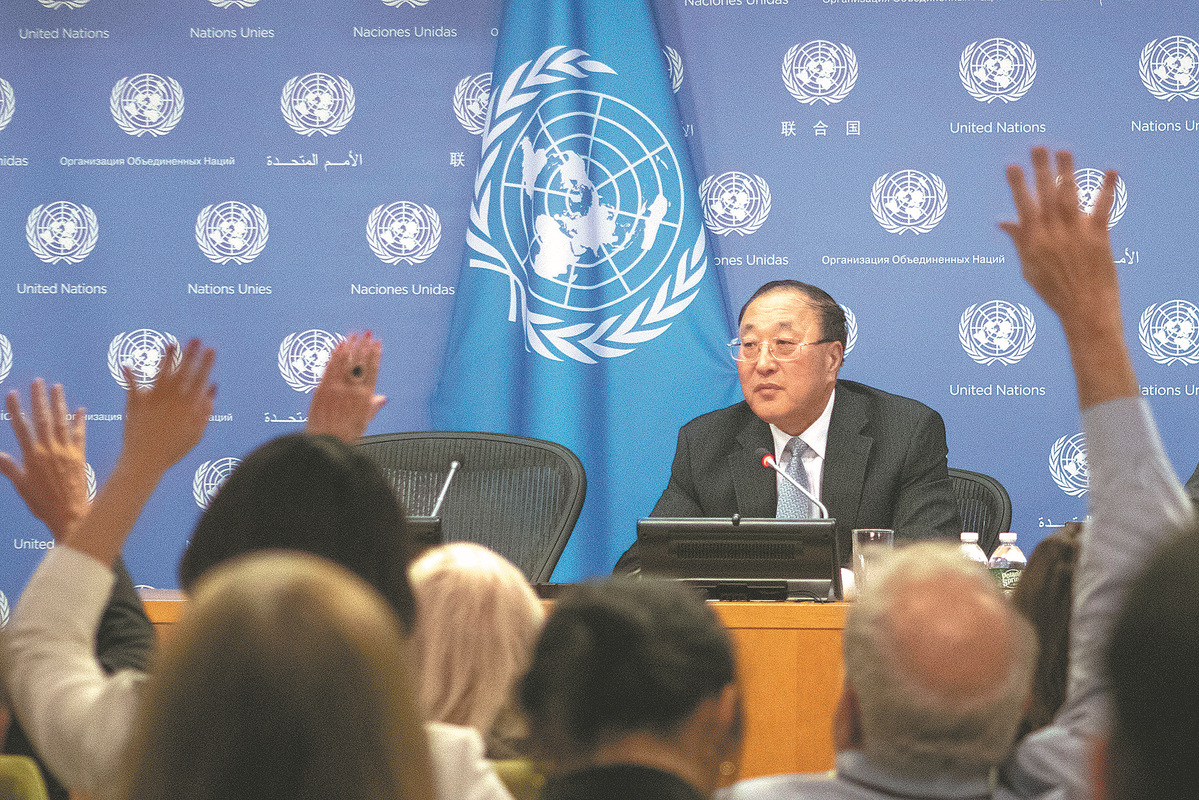Democracy, once hailed as the beacon of freedom and human rights, is facing a severe crisis on a global scale, according to the latest report from the International Institute for Democracy and Electoral Assistance (IDEA). In its annual Global State of Democracy 2023 report, the Stockholm-based think tank paints a disheartening picture of the state of democracy worldwide, with alarming statistics revealing a sixth consecutive year of decline. As the world grapples with political turmoil, external crises, and a weakening of democratic institutions, the report highlights a grim reality: democracy is “in trouble, stagnant at best, and declining in many places,” as stated by IDEA Secretary-General Kevin Casas-Zamora.
Democracy on the Decline
The IDEA report unequivocally underscores the alarming trend of democracy sliding into decline. Out of the 173 countries surveyed, 85 have experienced a decline in at least one key indicator of democratic performance over the past five years. This troubling statistic is a stark reminder that the global landscape is witnessing a prolonged period of democratic backsliding, the longest since records began in 1975. The implications of this trend are far-reaching, affecting millions of people and the fundamental values that democracy represents.
Erosion of Democratic Institutions
One of the key contributors to the decline in democracy, as highlighted by Kevin Casas-Zamora, is the erosion of democratic institutions. These institutions, which have long been safeguards for human rights and the rule of law, are weakening in many parts of the world. The formal structures, such as legislatures, are increasingly struggling to fulfill their roles. However, there is hope that informal checks and balances, including journalists, election organizers, and anti-corruption commissioners, can counteract the authoritarian and populist trends that threaten democracy’s core principles. The challenge remains for these informal safeguards to withstand the pressure placed upon them.
Global Challenges Amplify the Crisis
The year 2022 was marred by a series of global challenges that further exacerbated the democratic crisis. Russia’s full-scale invasion of Ukraine, the ongoing COVID-19 pandemic, climate change, and the cost of living crisis driven by rising inflation and a global economic downturn following the pandemic have all taken a toll on democracies around the world. These external factors have added to the complexity of the situation, making it even more challenging for nations to uphold democratic values.
Regional Variances
The IDEA report also highlights regional disparities in democratic performance. While Europe stands as the highest performing region in democratic terms, it is not immune to backsliding, with nations like Hungary and even long-established democracies like the United Kingdom facing challenges. Eastern Europe and Asia, including countries such as Azerbaijan, Belarus, Russia, and Turkey, have received poor scores, further highlighting the extent of the crisis. In the Americas, the United States witnessed backward movement due to declines in social group equality, while countries like Guatemala and El Salvador grappled with widespread political turmoil and human rights violations in 2022. Africa, on the other hand, experienced a wave of coups d’etat, exemplifying the decline in the region.
IDEA’s indices, based on over 100 variables related to political representation, rights, rule of law, and participation, provide a comprehensive perspective on the state of democracy worldwide. The report serves as a stark warning, urging governments, organizations, and individuals to take action to safeguard the essential principles of democracy in the face of these challenges.
As the IDEA report emphasizes, democracy is at a crossroads, facing its most extended period of decline in decades. It is crucial for global leaders and citizens alike to come together to protect and rejuvenate the values and institutions that underpin democracy, ensuring that it remains a beacon of hope for generations to come.
















